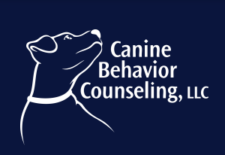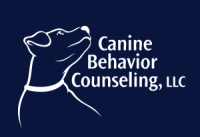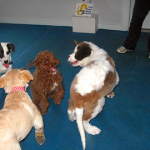
Socializing puppies can be confusing. However, science tells us that puppies who are exposed to many different environments in a positive way, grow up to be social, relaxed adult dogs. Puppies who grow up in an outside pen, and do not experience indoor environments until 8 or 9 weeks of age, will be more fearful and skittish as they mature in a home. While these puppies can often overcome their fears, it takes time and patience.
IMPORTANT: Science also tells us that puppies who have numerous repetitions of positive associations with friendly dogs, will be able to cope with that one aggressive attack if it ever occurs. In other words, she will be able to rebound from this one scary incident and still be social towards other dogs. However, the pup who has not had many positive associations with other dogs and receives an ear tear or neck puncture at your family reunion, may become fearful and even begin growling when she sees a dog nearby.
Puppies under 5 months benefit from socializing with other young pups to improve canine social skills. These skills are learned in controlled Puppy Classes which incorporate short play sessions with emotional control breaks throughout. Overwhelming a puppy in a daycare center, or a large playgroup with several adult dogs or even one rough dog can be detrimental to the pups social development.
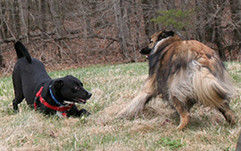
Social Play Behaviors clearly express the puppy’s intentions, such as the play bow, exaggerated and repetitive movements, soft wiggly bodies, lateral or side to side movements, and relaxed wagging tails with open mouths. Balanced play is when both dogs take turns being on top, incorporate a pause in the play, then continue playing or lie side by side and mouth each others head and neck or the same toy. Mouthing with a release before the other pup cries is social mouthing, as is mounting which can be a sign of play intentions.
Chasing behavior in both puppies and adult play groups should be monitored and interrupted often, as over-excitement can create stress in the dog being chased. Pack chasing should only be allowed for a minute or two, then should be interrupted to reduce conflict. There is a term called Predatory drift which occurs when the fleeing dog triggers an overly aroused dog to become an aggressive chaser — often resulting in an attack. This Predatory drift can also occur when a fearful dog uses a high yelping pitch sound. This sound can trigger some dogs to drift into prey mode and violently attack — often with an intense grab and shake behavior.
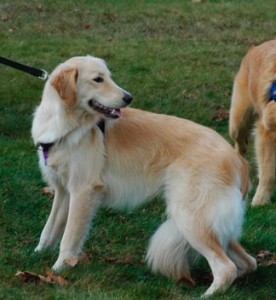
So, how do you keep your dog using good social skills? Be present during play sessions to ensure your dog is enjoying the play and not just being pushed around or bullied. If you see obvious signs of stress or fear, then call your pup away and end the play session. Interrupt the play if you see either dog displaying stress signals such as: tucked tail, stiff body postures, when one dog is always on top, closed mouth with whale eyes, ears back, lowering of body and head, constantly rolling on his back and pilo erection or constant scratching. Picking your dogs playmates is as important as picking your children’s playmates. So be a good dog owner and keep your dog using good play skills so he does not become fearful or dog aggressive.
